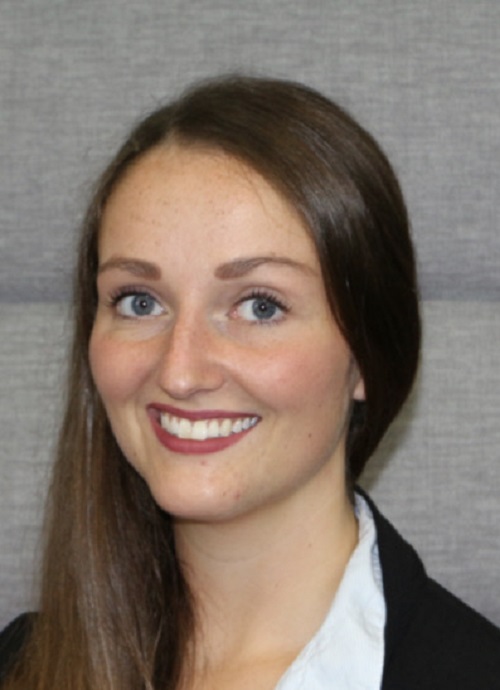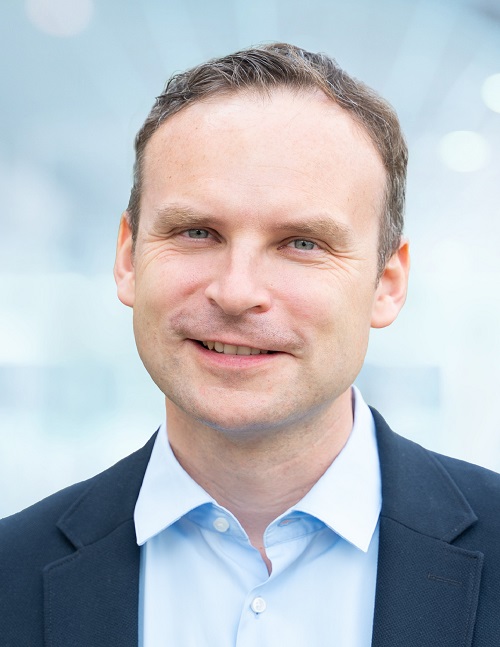The Human Microbiome in non-communicable diseases
To understand the role of the human microbiome in health and disease, we have implemented multidisciplinary strategies between clinicians, microbiologists, and bioinformaticians to study the microbial composition in and on humans. In particular, we are now interested how clinical interventions affect the host microbiome and health status.
As part of the multidisciplinary study IMAGINE (Identification of microbial antibiotics to protect the physiologic microbiota at body surfaces), we analyzed microbiomes from various body compartments, such as the skin, gut, conjunctiva, gall bladder, and oral cavities. The study aimed to compare the microbiomes of healthy individuals with those of diseased patients to identify pathogens that prolong or worsen certain common diseases and target them specifically. At the same time, we sought to detect beneficial commensal microbiota, as many commensal bacteria are known to produce secondary metabolites with protective effects on the human host.
During the course of the IMAGINE study, we successfully identified such microbiota and analyzed the potential of novel antibiotic compounds they might harbor. With IMAGINE now completed, the insights gained contribute to ongoing research within the IMMH. Our projects aim to characterize changes in the human microbiome after certain clinical interventions, such as anti-cancer treatment or certain surgeries. We further aim to understand the molecular mechanisms involved in host health and disease using state-of-the-art in vitro models.
If you are interested in learning more about this field, please feel free to contact us.
Decoding the diagnostic and therapeutic potential of microbiota using pan-body pan-disease microbiomics
Schmartz GP, Rehner J, Gund MP, Keller V, Molano LG, Rupf S, Hannig M, Berger T, Flockerzi E, Seitz B, Fleser S, Schmitt-Grohé S, Kalefack S, Zemlin M, Kunz M, Götzinger F, Gevaerd C, Vogt T, Reichrath J, Diehl L, Hecksteden A, Meyer T, Herr C, Gurevich A, Krug D, Hegemann J, Bozhueyuek K, Gulder TAM, Fu C, Beemelmanns C, Schattenberg JM, Kalinina OV, Becker A, Unger M, Ludwig N, Seibert M, Stein ML, Hanna NL, Martin MC, Mahfoud F, Krawczyk M, Becker SL, Müller R, Bals R, Keller A. (2024)
Nat Commun. 15(1):8261.
DOI: 10.1038/s41467-024-52598-7
Characteristics of the Skin Microbiome in Selected Dermatological Conditions: A Narrative Review
Olunoiki E, Rehner J, Bischoff M, Koshel E, Vogt T, Reichrath J, Becker SL (2022)
Life (Basel) 12(9):1420.
DOI: 10.3390/life12091420


